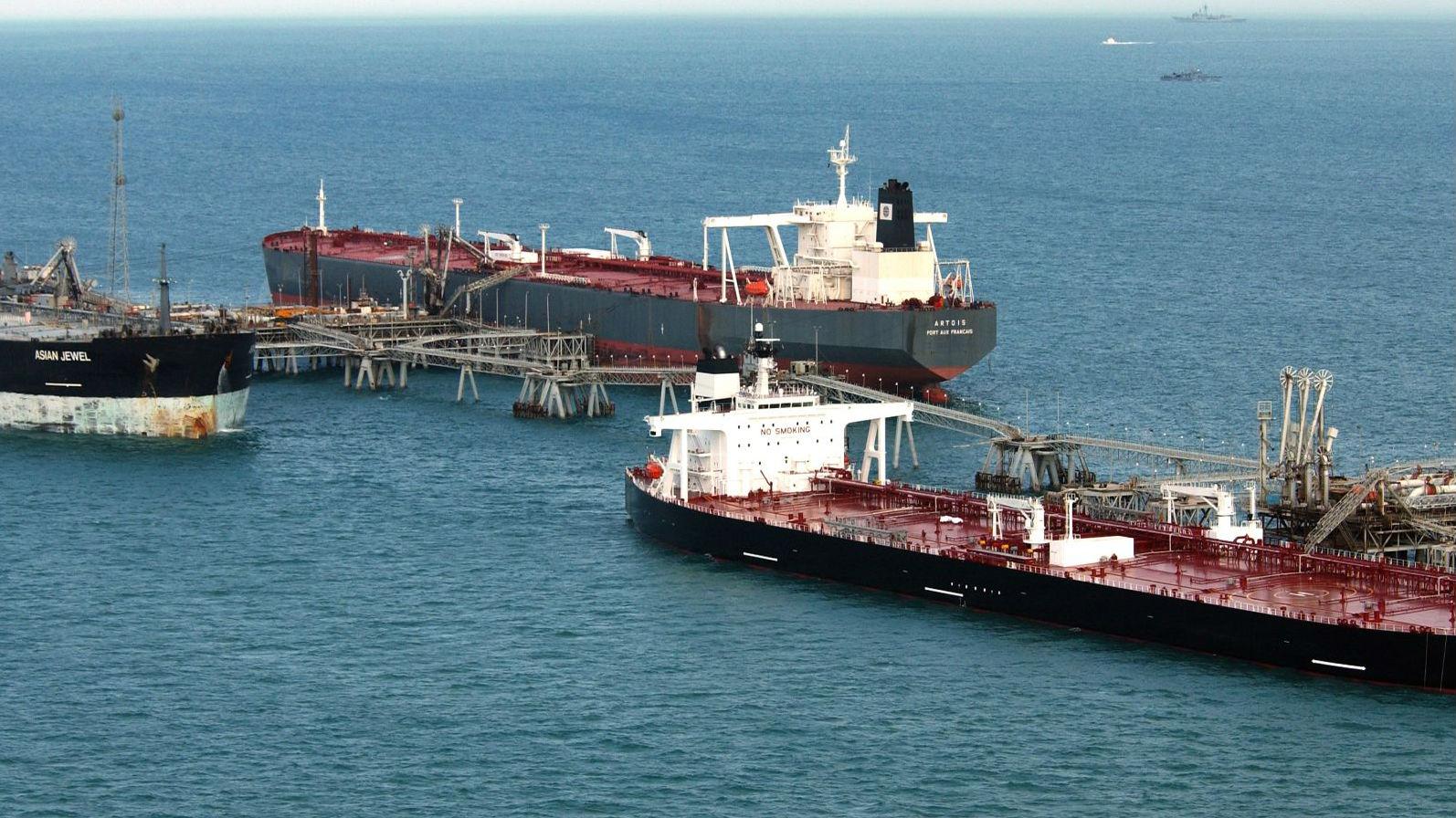"if security in the Gulf region deteriorated, then insurers may be left with no choice but to increase marine insurance premiums."
Global Oil Shipping Concerns Rise Over Middle East Tensions
By Tim Daiss
While global oil markets are accustomed to factoring geopolitical uncertainty into oil prices, this kind of geopolitical fallout hasn’t been seen for a number of years. The world’s largest oil exporter, that still along with its OPEC+ partners, plays the role of global oil markets swing producer, is seeing an escalation of attacks on its oil export infrastructure and shipping.
Saudi Arabia said on Tuesday that armed drones had attacked two of its oil pumping stations. This came just two days after the sabotage of two oil tankers carrying Saudi oil near the UAE. Meanwhile, the U.S. military, amid an increasingly tense tit for tat exchange of words between Washington and Tehran, said it was braced for “possibly imminent threats to U.S. forces in Iraq” from Iran-backed forces.
Tuesday’s attacks on the pumping stations more than 200 miles west of Riyadh and Sunday’s attack on four tankers off the UAE have raised concerns that the U.S. and Iran might be inching toward military conflict. However, on Thursday Trump told media that he did not want a war with Iran.
Also on Thursday, a Saudi-led coalition carried out airstrikes on Sanaa, the Yemeni capital. The deadly airstrikes, that reportedly left six dead, came after Yemen’s Iran-backed Houthi rebels, who control the capital, claimed responsibility for the Tuesday drone attack on Saudi Arabia’s critical oil pipeline. All of this, of course, isn’t being lost on global oil markets which ticked up on Thursday by more than 1 percent. Global oil benchmark Brent crude futures ended the day’s session at $72.62/barrel, up 1.18 percent, while U.S. oil benchmark West Texas Intermediate (WTI) crude futures were up 1.37 percent, at $62.87/barrel, near its highest level in two weeks.
LEARN MORE
US WARSHIPS HEAD TOWARDS MIDDLE EAST

